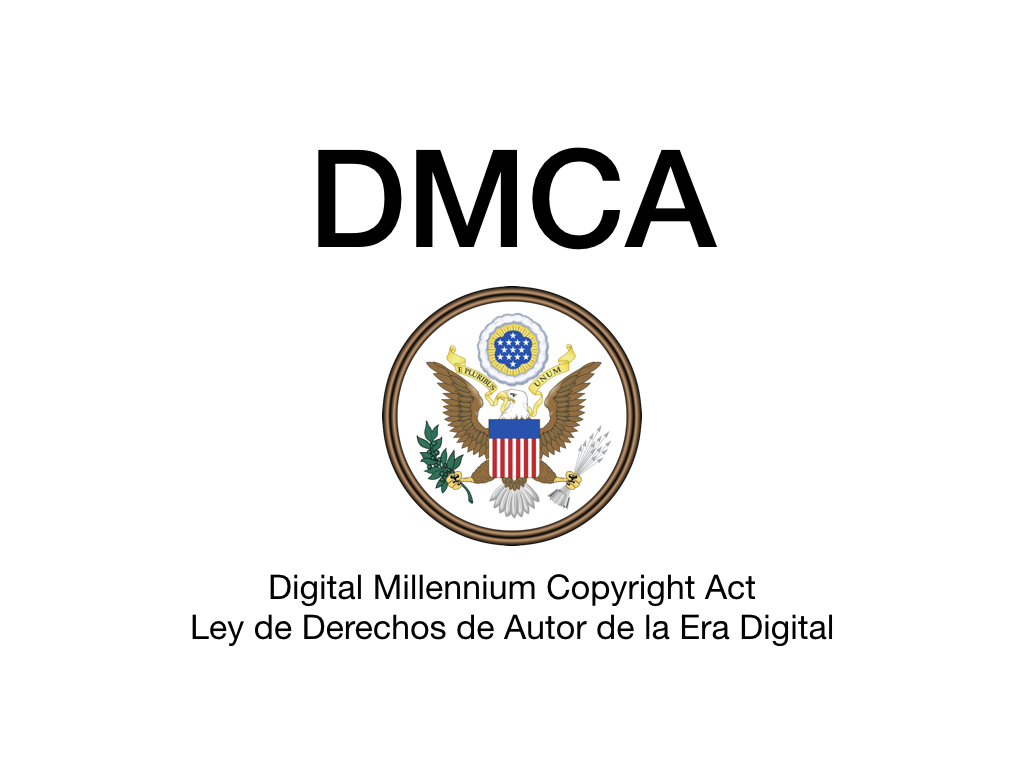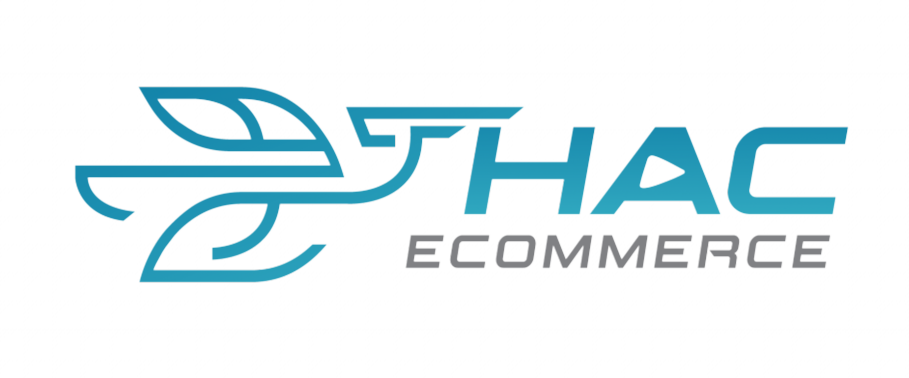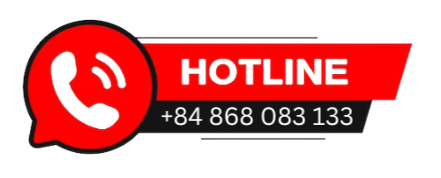5 Essential Steps to Take if You Are Sued Over a POD Trademark on a Server. When running a Print-On-Demand (POD) business, protecting trademarks is crucial for ensuring the success and sustainability of the company. However, legal disputes related to copyrights, intellectual property, and trademarks can arise during operations. In cases where a business is sued for using a trademark on a server, many POD enterprises may struggle to handle the situation effectively and lawfully.
In this article, Hacecommerce will explore POD and trademarks, analyze when a POD business is sued for using a trademark on a server, and offer reasonable solutions and practical tips.
The article aims to help readers better understand this issue and provide POD businesses with the knowledge and experience to avoid and manage legal problems related to trademarks.
1. Overview of POD (Print-On-Demand)
Print-on-demand (POD) is a production method where businesses create printed products like books, t-shirts, hats, mugs, stickers, and more only after receiving customer orders. The key feature of this method is that products are manufactured only when ordered, eliminating the need for mass production beforehand. As a result, POD helps businesses save costs and mitigate risks associated with overproduction.
In POD operations, businesses provide manufacturers with designs and print content, and the manufacturers produce printed products based on customer requests. Depending on the product type, various printing technologies, such as digital printing, heat transfer, or screen printing, may be used.
POD has become a rapidly growing field in recent years, particularly in fashion and book publishing. This method allows businesses to optimize production processes, minimize risks and costs, and offer customers unique and highly personalized printed products.

2. Introduction to the DMCA
2.1. Definition
The DMCA (Digital Millennium Copyright Act) is a U.S. law enacted in 1998 to protect copyrights in the digital environment and on the Internet. The act includes provisions for handling copyright infringement, protecting intellectual property, and limiting the liability of Internet service providers (ISPs).
Under the DMCA, copyright owners can request the removal of infringing content from websites, hosting services, and file-sharing platforms. ISPs must take measures to prevent copyright violations on their platforms and are shielded from legal liability for storing or distributing infringing materials they are unaware of.
The DMCA is a critical tool for protecting intellectual property on the Internet and fosters a fair and competitive business environment for online enterprises. However, the act has faced criticism for its impact on free speech and the use of materials on the Internet.
2.2. Protections Provided by the DMCA
The DMCA offers several forms of protection for copyright holders, including:
- Digital Protections (TPM): The DMCA allows copyright owners to implement digital measures to prevent unauthorized copying and distribution of digital content such as videos, audio files, and images.
- Content Removal: ISPs must remove infringing content from their platforms upon receiving a copyright infringement notice from the copyright owner.
- Account Protection: The DMCA mandates that websites hosting user-generated content provide mechanisms for users to request the removal of their content uploaded without permission.

3. Scenario: POD Trademark Lawsuit Related to Server Use
Let’s assume a Print-On-Demand (POD) business is sued for intellectual property infringement concerning a trademark hosted on a server in the United States. This business uses the server to run its POD services and produce printed products on demand.
The legal authorities will investigate and determine whether intellectual property infringement occurred if sued. If the lawsuit is accepted, the business’s server may be suspended, and its accounts on the platform could be closed.
In such cases, the business can take the following steps:
- Cooperate with Legal Authorities:
- Work with legal authorities to resolve the issue.
- Provide relevant information about server usage, explain production and distribution processes, and collaborate on reasonable solutions.
- Identify the Source of the Problem:
- Determine the root cause of the issue.
- Gather sufficient information to explain server usage and address the problem.
- If the issue did not originate with the business, provide evidence to prove this.
- Review and Amend Server Usage Policies:
- Update server usage policies to prevent intellectual property violations and ensure uninterrupted operations.
- New policies may include measures such as:
- Adjusting production and distribution processes to comply with intellectual property laws.
- Securing copyright approval for all POD products before production and distribution.
- Monitoring customer and supplier accounts to avoid intellectual property violations.
- Communicate with the Server Provider:
- Contact the server provider for support.
- The provider may assist in clarifying server usage details and resolving the issue.
- Seek Professional Legal Advice:
- If necessary, consult intellectual property attorneys.
- Legal professionals can provide appropriate measures to resolve the issue and protect the business’s intellectual property rights.

4. DCMA-Compliant Server Systems and Trademark-Lawsuit-Resistant Websites
In addition to the measures above, businesses can proactively prevent such issues by using DCMA-compliant servers and trademark-lawsuit-resistant websites offered by Hacecommerce.
4.1. Features of DCMA-Compliant Server Systems:
- Automatic Content Removal: Automatically detects and removes infringing content, reducing the risk of lawsuits.
- Data Backup: Creates automatic backups of website or online storage data to safeguard critical information.
- User Notifications: Notifies users if their content is removed or access is suspended due to intellectual property violations.
- Intellectual Property Protection: Assists in identifying infringing content and provides relevant legal information for dispute resolution.
4.2. Features of Trademark-Lawsuit-Resistant Websites:

- High-Security Systems: Employ SSL or TLS encryption to secure customer data and prevent unauthorized access.
- Safe Hosting Services: Use reliable hosting providers like AWS, Google Cloud, or Microsoft Azure to minimize data loss risks.
- Clear Refund Policies: Implement transparent refund policies to reduce the likelihood of disputes.
- Product Name Adjustments: Consider modifying product names in payment systems to avoid conflicts, but evaluate the impact on order processing.
- Payment Gateway Rotation: Periodically switch payment gateways to enhance security and reduce risks. You can contact the payment account rental service provider to perform payment gateway rotation.
- Payment Gateway Port Forwarding: Ensures secure transactions while minimizing server and website disruptions in case of disputes.
5. Conclusion
Beyond preparing contingency plans for server-related lawsuits in POD trademark cases, businesses can adopt preventive measures to safeguard their products, websites, and finances.
Visit Hacecommerce to receive professional advice on designing WordPress websites optimized to handle trademark disputes and choose secure payment gateway services like PayPal and Stripe to protect your orders effectively.


